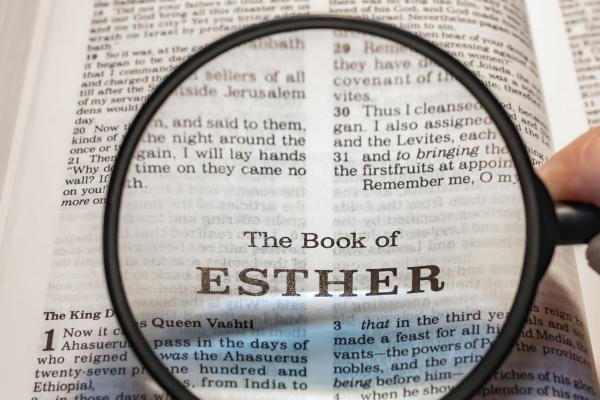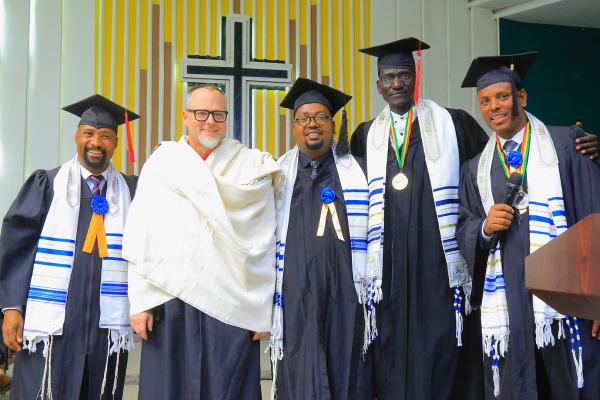One Holocaust survivor’s story
Majdanek concentration camp in Poland included 22 barracks, seven gas chambers, two gallows, and a crematorium. The camp housed up to 45,000 prisoners, most of them Jews. Judith Becker was one of them.
Upon her arrival with her mother, they stood in line to be registered and have everything taken away from them. After witnessing a Polish guard cut off the finger of a woman whose ring was too tight to remove, Judith asked a German guard to cut the bands of her and her mother’s own too tight rings.
“Shoes were the most important things that you owned,” Judith says in a transcribed testimony in the archives of Yad Vashem Shoah Resource Center. “If you didn’t have shoes, your feet got sore, and once you had sores on your feet, they didn’t heal. You couldn’t keep up the pace and you might as well have died. You were finished” (Yad Vashem).

When they arrived at the camp, their own shoes were taken away from them and replaced with shoes whose soles were made of a wood substitute and whose uppers were composed of “some kind of paper combination” that separated as soon as they got wet. There was mud and snow all through the camp when Judith and her mother were there, so their shoes did not last long. They had to be tied onto their feet so the uppers would stay, making walking and working very difficult.
One day, she and her mother were shoved into the gas chamber with others. Unbelievably, there was a small, protected, glass viewing booth on one side of the chamber. Here, Nazis could turn the valves and watch the suffering of their victims while safe from the gas themselves. Judith remembers trying to distract her mother, who did not know it was a gas chamber. Together they said the Shema Yisrael. “It was so hard not to scream, not to jump, not to do something – it was the hardest thing ever,” she said (Yad Vashem).
“It was the hardest moment of my life ever,” Judith says, “to know that we are going to die and yet to act so that we don’t make a spectacle for the Germans, for the Nazis who were watching us, to make more of a spectacle, you know, to give them more enjoyment” (Yad Vashem).
Using every ounce of strength to not panic, Judith watched as the guard turned the valve. Suddenly, water came out. Water instead of gas! A faulty switch had saved them from an awful death. Afterwards, Judith was exhausted. “I couldn’t walk; I couldn’t speak – it was such an effort to withstand the terrible fear and the pressure of dying any second” ( Yad Vashem). Judith survived not only the gas chamber but her entire concentration camp experience. Hers and the testimonies of other Holocaust survivors provide the world with invaluable truths of the terrible things that occurred inside Nazi concentration camps.
As you remember the Holocaust and its survivors this week, please remember to pray for them. Pray for their eyes to be opened that they will come to faith in Yeshua, for the ongoing healing of their hearts, and for those who continue to suffer today because of poverty.










